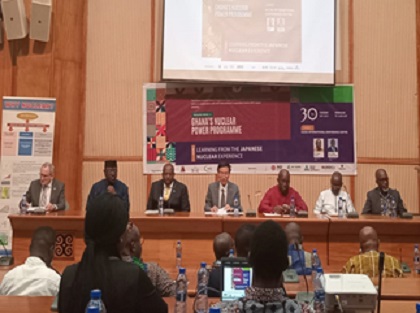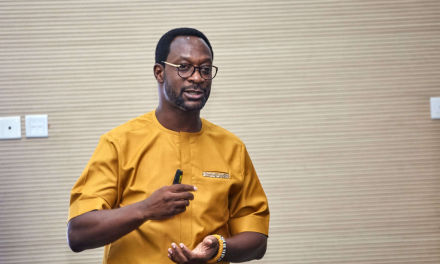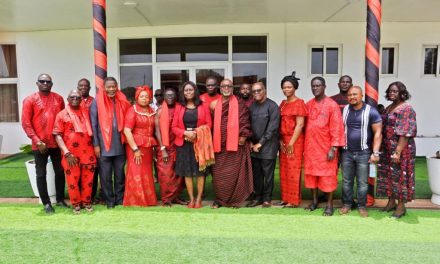
Land Selected For Nuclear Power Plant2 min read

According to him, the country has completed Phase I of the NPP and is currently in its second phase. As part of the milestones that were set to be achieved in the first phase, a land site was selected for the development of a nuclear power plant however its construction has been scheduled to begin at the end of Phase II.
The researcher further explained that the time set for the construction to begin is due to some processes that have to be completed.
“There needs to be site approval report for the site, site evaluation report for construction permit, selection of vendor and technologies, self evaluation report for phase 2 INIR Mission, and a project feasibility report,” he shared.
Prof. Seth also indicated that the success and sustainability of Ghana’s Nuclear Power Programme requires sustained human resource flow for the entire life-cycle of the plant.
“Education and training therefore becomes key to achieving this skill development. The success of the nuclear project is partly hinged on having sufficient numbers of highly qualified, well trained technicians to ensure a safe and reliable nuclear power plant.”
This was shared at the Nuclear Power Forum, organized by the Nuclear Power Institute (NPI) on behalf of the Ghana Nuclear Programme Organization (GNPPO), to provide updates on the status of the country’s Nuclear Power Infrastructure Development and learn from the experiences of the Japanese nuclear industry pre and post Fukushima accident.
Ambassador of Japan to Ghana, Mochizuki Hisanobu, conveyed Japan’s commitment to exploring possibilities to transfer nuclear technology to the country in support of the NPP.
“The world is currently at a turning point where sustainable solutions are required to meet the world’s value in energy demand. The development of nuclear power offers great promise in this direction, but also insists upon the commitment to the safety of people and environment,” he stated.
In a speech read on her behalf, Minister for Foreign Affairs and Regional Integration, Shirley Botwe, recounted the country’s commitment to decarbonizing the energy sector by 2070.


















